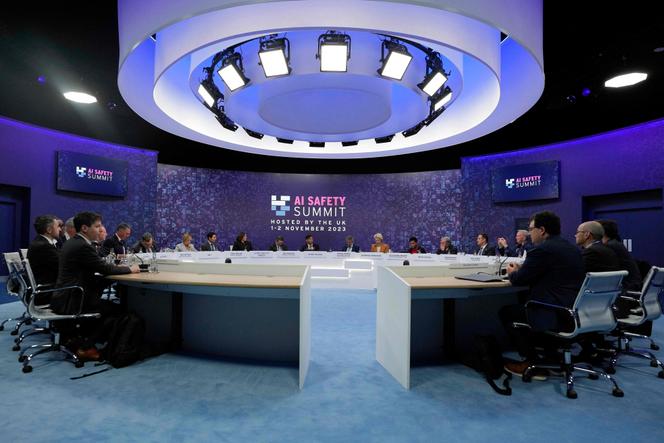


"Historically, we've seen that these moments of technological inflection points can be really important for injecting competition into the market. If you have incumbents, one way to actually have competition is for there to be totally new technology that renders those incumbents obsolete. I think with AI [artificial intelligence], we are already hearing some concerns [that this may not be the case]." This observation was made on November 3 by Lina Khan, president of the Federal Trade Commission (FTC), the US competition agency. Khan was responding to Bloomberg, which was asking her about the risk of seeing the digital stranglehold already established by Google, Microsoft, Meta (Facebook, Instagram), and Amazon replicated with AI.
This issue also came up at the summit on the risks of AI organized by London at the beginning of November, though it was initially focused on the possibility of seeing software overcome human control or encourage the launch of computer and biological attacks: "We run the risk of seeing the dominance of a handful of private players over our economies and institutions further reinforced," warned Amba Kak, director of the AI Now Institute, an NGO that studies the social and ethical implications of AI. French digital affairs minister Jean-Noël Barrot voiced concern about the "constitution of monopolies," while a letter signed by numerous researchers and startup directors warned of the "concentration of power" in AI.
"The US government is right to be concerned about fairness in the industry. Favoritism could kill off competition and deprive consumers of choice," said Garry Tan, head of Silicon Valley startup incubator Y Combinator, on November 4. This comment is reminiscent of the accusation that the digital giants have sometimes favored their own services on their search engines, mobile environments, e-commerce platforms, and so on.
And yet the recent AI boom has seen the emergence of new players and leaders, such as OpenAI, the creator of the chatbot ChatGPT, and Sam Altman, its 38-year-old CEO. But the startup is already closely linked to Microsoft, which has invested $11 billion (€10.3 billion) in it. A co-founder of OpenAI, businessman Elon Musk lamented in February that the project, conceived as a "counterweight to Google," was now "controlled by Microsoft."
If Altman sought out this heavyweight of the cloud – online services for businesses – it was to gain access to its enormous computing capacities needed for AI: Running ChatGPT was already costing $700,000 a day in February, according to the website SemiAnalysis. Another AI startup, Anthropic, has just accepted $4 billion in investment from Amazon and $2 billion from Google. Shareholders in OpenAI and Anthropic, the two multinational corporations also market their AI models to their customers.
You have 50% of this article left to read. The rest is for subscribers only.
